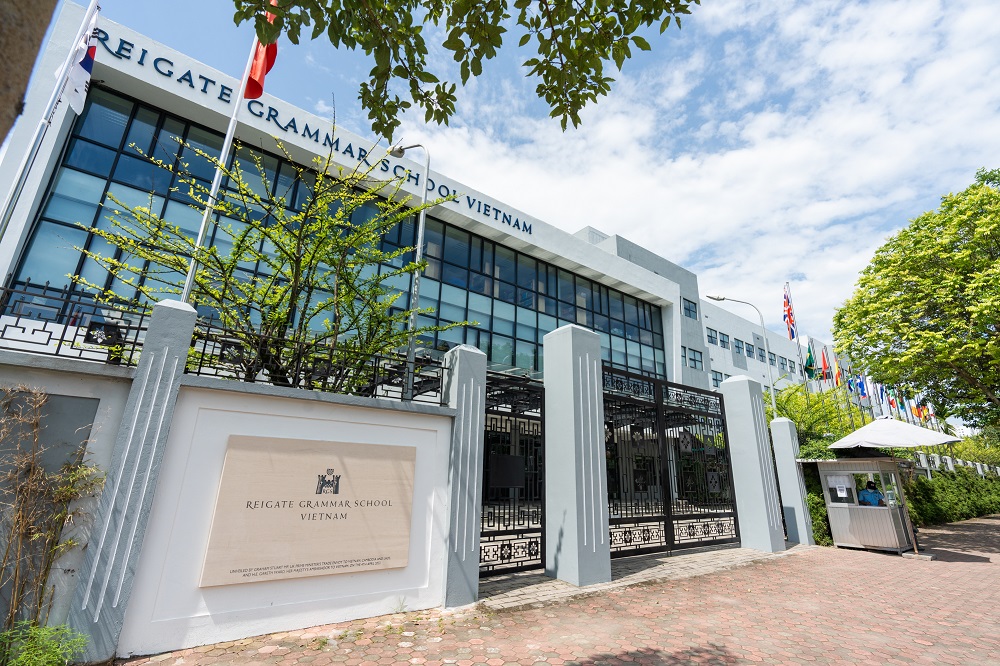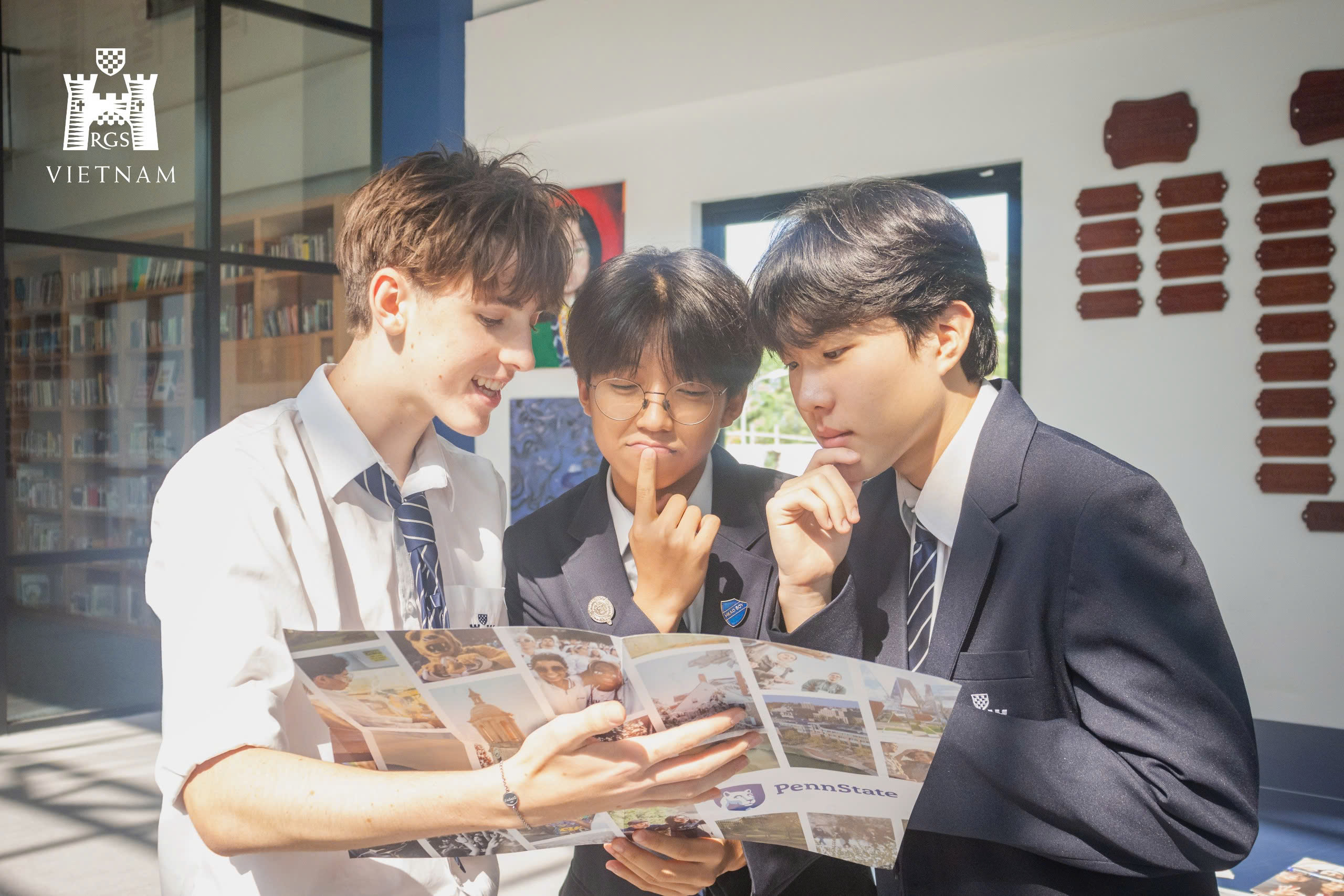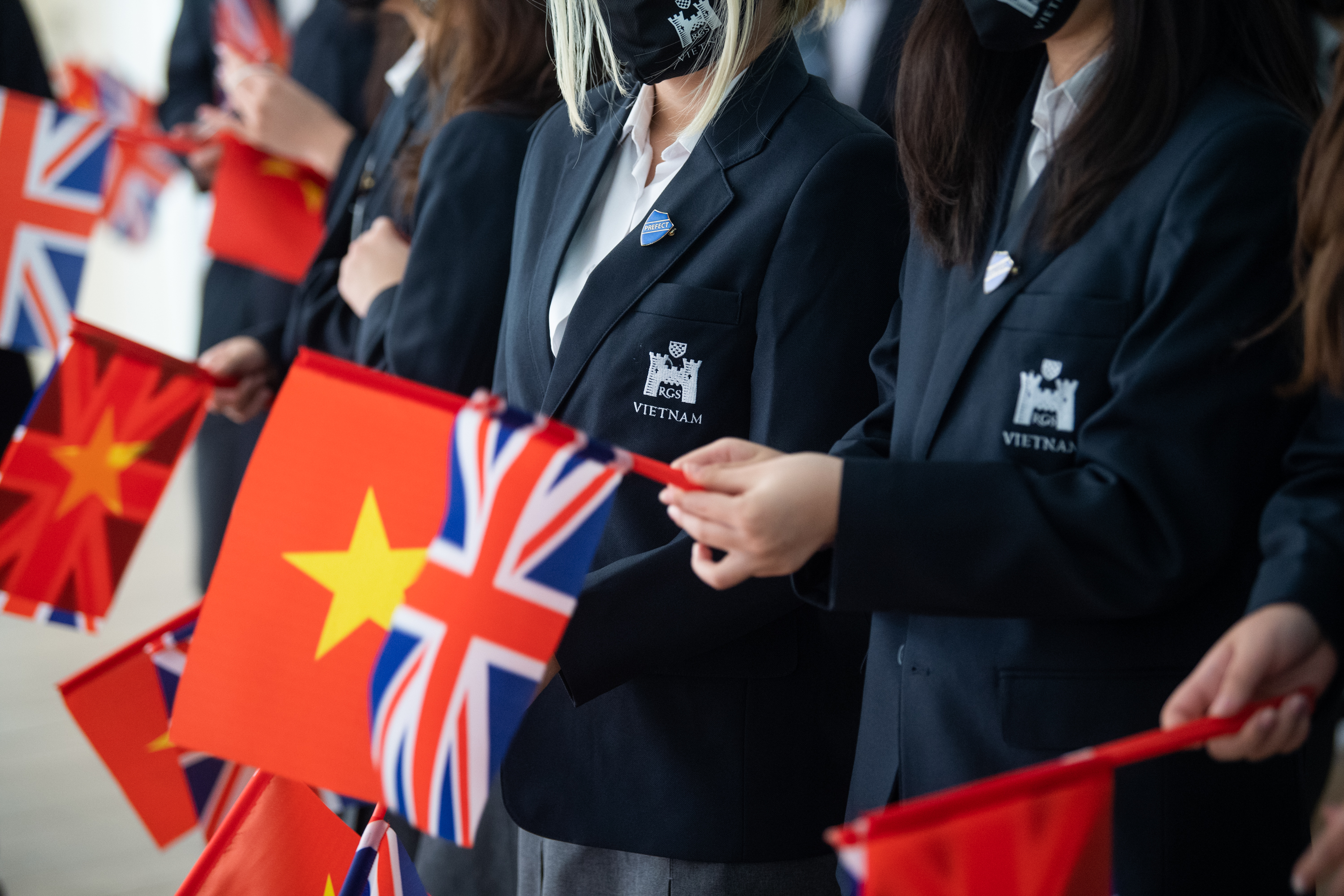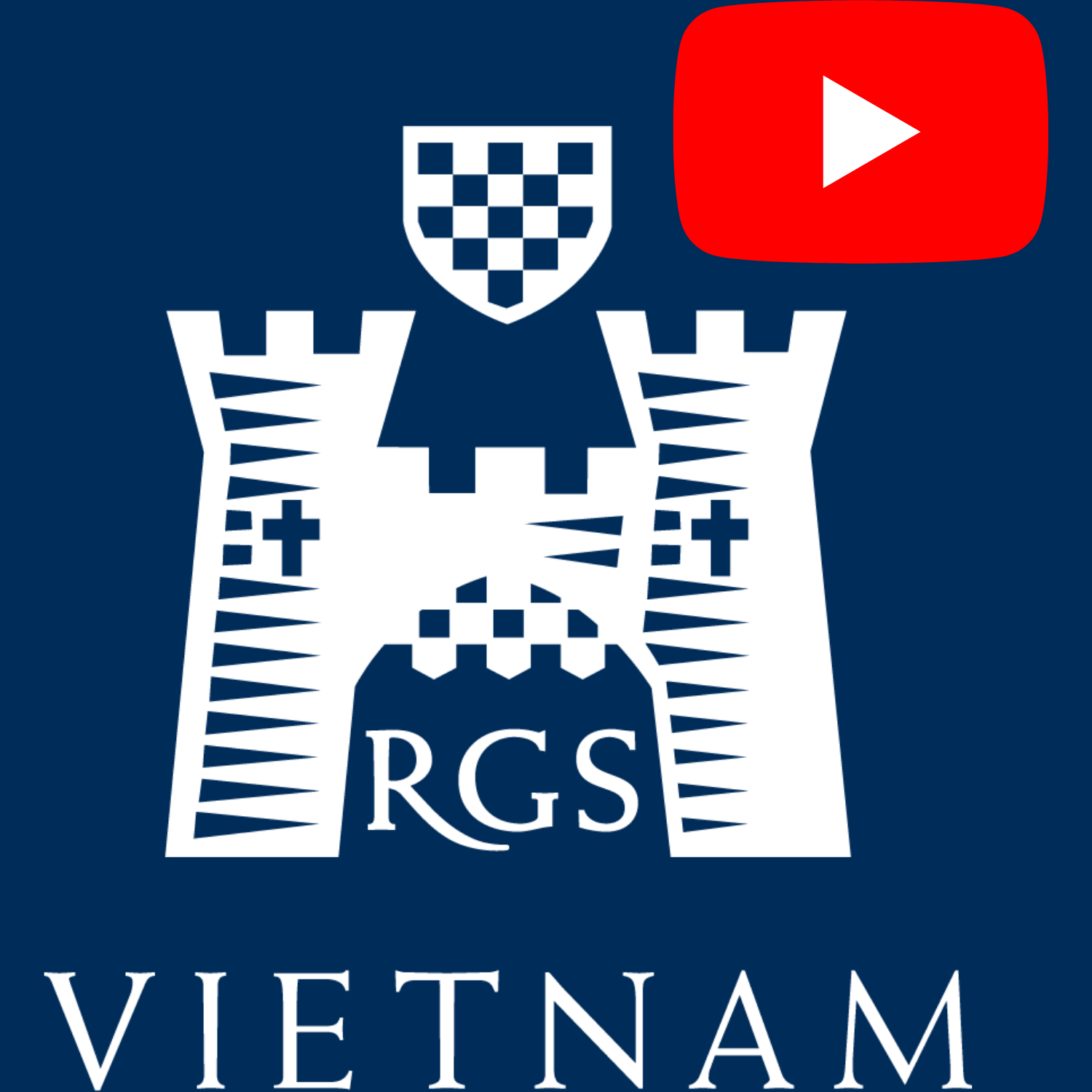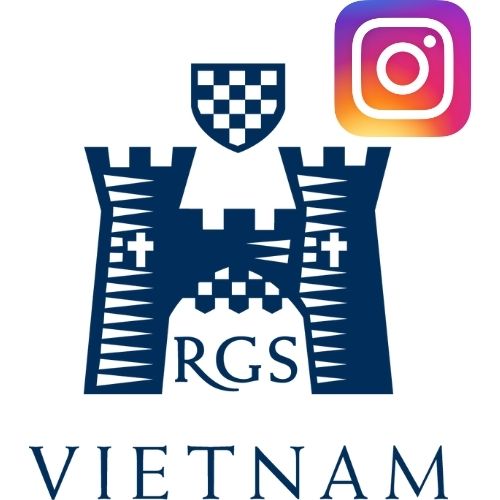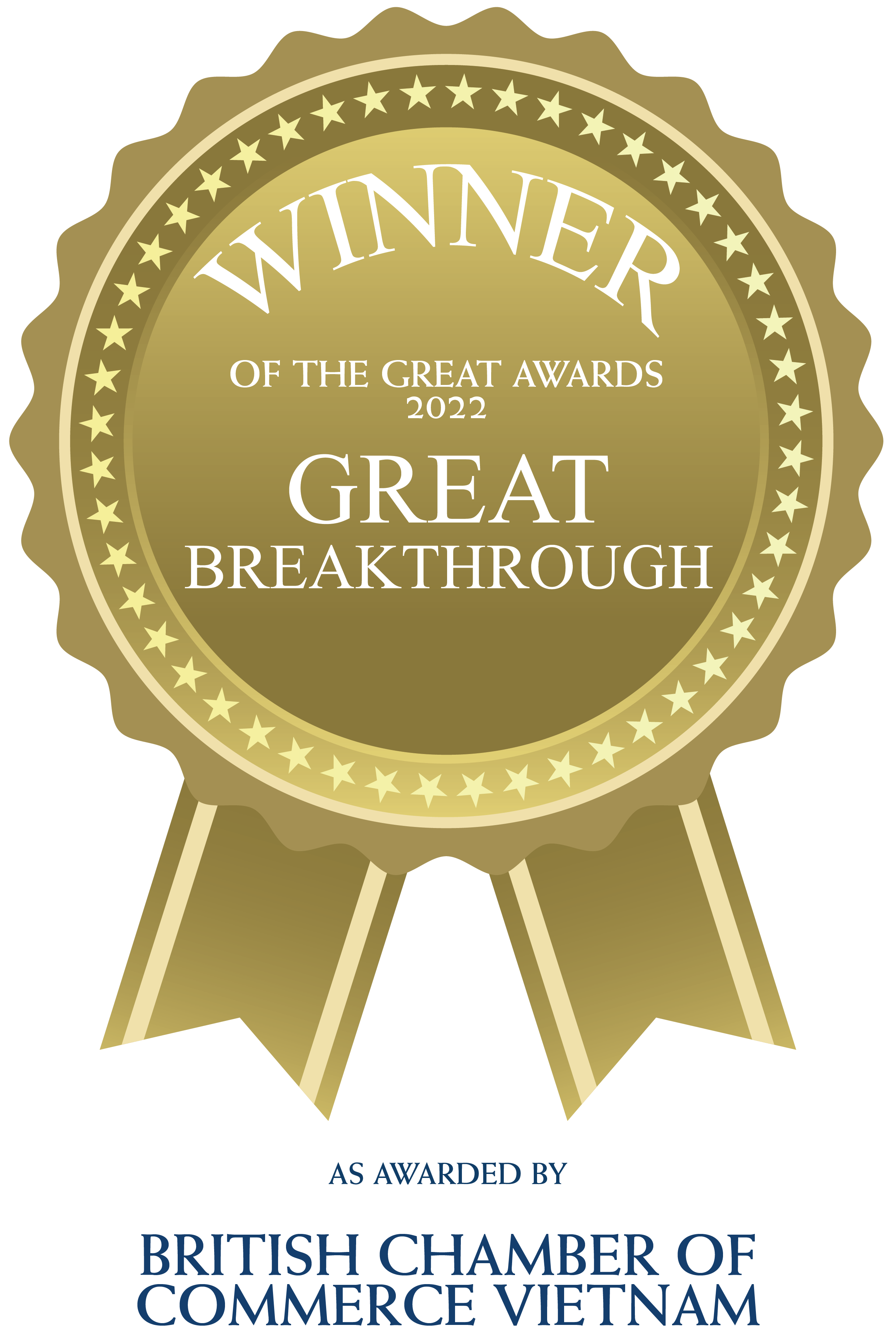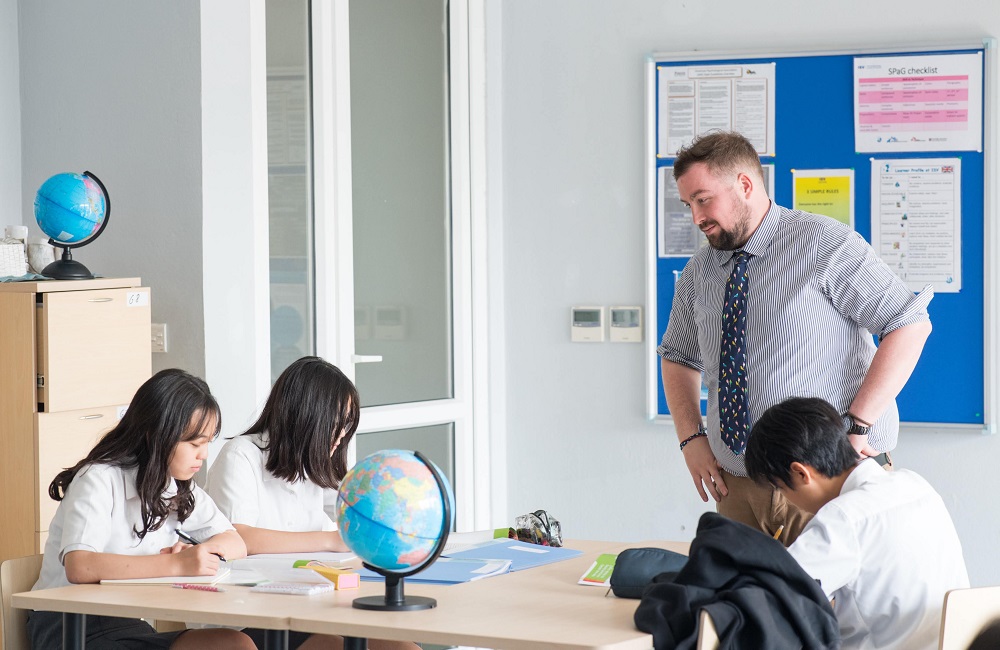
Group 3: Individuals and Societies
Geography
Geography is a dynamic subject that is firmly grounded in the real world and focuses on the interactions between individuals, societies and the physical environment in both time and space. It seeks to identify trends and patterns in these interactions and examines the processes behind them. It also investigates the way that people adapt and respond to change and evaluates management strategies associated with such change. Geography describes and helps to explain the similarities and differences between spaces and places. These may be defined on a variety of scales and from a range of perspectives.
Within group 3 subjects, Geography is distinctive in that it occupies the middle ground between social sciences and natural sciences. The Diploma Programme Geography course integrates both physical and human geography, and ensures that students acquire elements of both scientific and socio-economic methodologies. Geography takes advantage of its position between both of these groups of subjects to examine relevant concepts and ideas from a wide variety of disciplines. This helps students develop an appreciation of, and a respect for, alternative approaches, viewpoints and ideas.
Business
The Business Management course is designed to develop students knowledge and understanding of business management theories, as well as their ability to apply a range of tools and techniques. Students learn to analyse, discuss and evaluate business activities at local, national and international levels. The course covers a range of organizations from all sectors, as well as the sociocultural and economic contexts in which those organizations operate.
The course covers the key characteristics of business organization and environment, and the business functions of human resources management, finance and accounts, marketing and operations management. Through the exploration of six underpinning concepts(change, culture, ethics, globalization, innovation and strategy), the course allows students to develop a holistic understanding of today’s complex and dynamic business environment. The conceptual learning is firmly anchored in business management theories, tools and techniques and placed in the context of real world examples and case studies.
The course encourages the appreciation of ethical concerns, at both a local and global level. It aims to develop relevant and transferable skills, including the ability to: think critically; make ethically sound and well-informed decisions; appreciate the pace, nature and significance of change; think strategically; and undertake long term planning, analysis and evaluation. The course also develops subject-specific skills, such as financial analysis.
There will be focus on current Business News so students can learn to apply, analyse and evaluate through the lens of actual Business events. Through these contemporary case studies, students can broaden their scope and collect ideas for their Internal Assessment.
The aims of the business management course at HL and SL are to:
- Encourage a holistic view of the world of business
- Empower students to think critically and strategically about individual and organizational behaviour
- Promote the importance of exploring business issues from different cultural perspectives
- Enable the student to appreciate the nature and significance of change in a local, regional and global context
- Promote awareness of the importance of environmental, social and ethical factors in the actions of individuals and organizations
- Develop an understanding of the importance of innovation in abusiness environment.
History
History is a dynamic, contested, evidence-based discipline that involves an exciting engagement with the past. It is a rigorous intellectual discipline, focused around key historical concepts such as change, causation and significance. History is an exploratory subject that fosters a sense of inquiry. It is also an interpretive discipline, allowing opportunity for engagement with multiple perspectives and a plurality of opinions. Studying History develops an understanding of the past, which leads to a deeper understanding of the nature of humans and of the world today.
The IB Diploma Programme (DP) history course is a world history course based on a comparative and multi-perspective approach to history. It involves the study of a variety of types of history, including political, economic, social and cultural, and provides a balance of structure and flexibility. The course emphasizes the importance of encouraging students to think historically and to develop historical skills as well as gaining factual knowledge. It puts a premium on developing the skills of critical thinking, and on developing an understanding of multiple interpretations of history. In this way, the course involves a challenging and demanding critical exploration of the past.
History and international-mindedness... an education for international-mindedness; an education designed to break down the barriers of race, religion and class; an education that extolled the benefits of cultural diversity; above all else, an education for peace.(George Walker 2011: 19) International-mindedness is an umbrella term through which the IB defines the goal of international education, and which is exemplified by the emphasis in all IB programmes on promoting global engagement, multilingualism and intercultural understanding. The DP history course is designed in such a way as to explicitly reinforce the emphasis on the development of international-mindedness. For example, one of the key concepts that weaves throughout the course is perspectives, and, more specifically, an emphasis on encouraging students to appreciate multiple perspectives. In addition, all students are required to study case studies and examples from different regions of the world, with comparison of such examples helping to ensure that the course adopts a transnational perspective.
Teachers also have a great deal of freedom to choose relevant examples to explore with their students, helping to ensure that the course appropriately meets their students’ needs and interests regardless of their location or context. Throughout the DP history course, students have the opportunity to explore historical events that have played a key role in shaping the world today, deepening their understanding of the complex and interconnected nature of past and present events. For example, students explore historical examples of many of the global challenges facing the world today, such as conflict, rights and governance. This helps to meet one of the central aims of the course—to increase students’ understanding of themselves and of contemporary society by encouraging reflection on the past.
Distinction between SL and HLStudents at standard level (SL) and higher level (HL) are presented with a syllabus that has a common core consisting of prescribed subjects and topics in world history. In addition, students at HL are also required to undertake an in-depth study of three sections from one of the HL regional options. While many of the skills of studying history are common to both SL and HL, the difference in recommended teaching hours at SL and HL signals a clear distinction between the demands made on students, with the greater depth of study required for HL.
Digital Society
This course used to be named Information and Technology in a Global Society. The curriculum has been reviewed, and the course has now been renamed to Digital Society. However, at the preparation of this booklet the final guide had not been shared by the IBO. The first examinations for this course will be May 2024.
Digital society is an interdisciplinary course within the Individuals and societies subject group designed for young people interested in exploring the impact and importance of digital systems and technologies in the contemporary world. At its heart, digital society invites students to develop as ethical, empathetic and creative young people who address the changing world around them with understanding, imagination and action.
The aims of the ITGS higher level courses are to:
- Focus inquiry using course concepts, content and contexts as well as real-world examples
- Explore diverse sources relevant to digital society
- Investigate impacts and implications of digital systems for people and communities
- Reflect on emerging trends, future developments and further insights.
- Share discoveries about digital society with others

